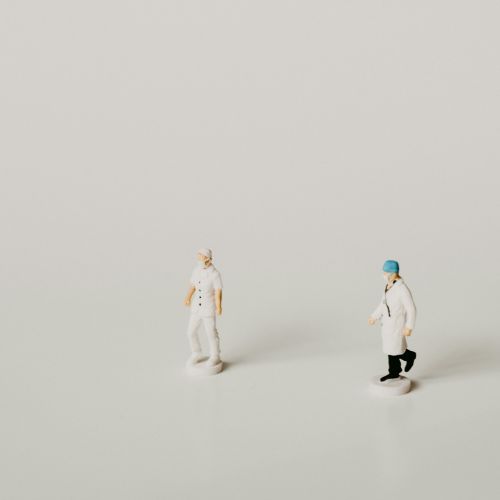Resources
Fecal Microbiota Transplantation: An Introduction to FMT, its History, and Therapeutic Potential
What Is FMT?
Fecal Microbiota Transplantation (FMT) is a groundbreaking medical procedure that involves transplanting stool from a healthy donor into the gut of a recipient. This treatment helps restore the balance of bacteria in the intestine, offering powerful therapeutic benefits—most notably in the treatment of recurrent Clostridioides difficile (C. difficile) infections.
Unlike other microbiome-based therapies made from defined bacterial strains, FMT preserves the complete community of microorganisms found in the donor’s gut. The material can be administered through various methods: capsules, colonoscopy, enema, or nasogastric tubes, depending on the patient’s condition. FMT is typically an outpatient procedure with a quick recovery time.
How Does FMT Work?
FMT works by restoring a healthy and diverse gut microbiome. The gut microbiome plays a crucial role in digestion, immune system function, vitamin synthesis, and even mental health. When disrupted—by antibiotics, illness, or environmental factors—harmful bacteria can overgrow and cause disease.
In the case of C. difficile, antibiotics often exacerbate the problem. FMT introduces a new, functional microbial community that can outcompete harmful bacteria, reduce inflammation, and rebuild the gut’s natural defenses. Researchers have identified mechanisms such as the production of secondary bile acids and short-chain fatty acids that help inhibit C. difficile and support gut health.
A Brief History of FMT
While FMT might sound like a modern innovation, its origins stretch back over 1,700 years:
- 300 AD: Ancient Chinese texts describe using fecal preparations to treat severe diarrhea.
- 1500s: The term “transfaunation” is coined in veterinary medicine to describe transferring gut contents between animals.
- 1958: First documented use of FMT in Western medicine to treat pseudomembranous colitis.
- 1983: Swedish physicians publish the first use of FMT specifically for treating C. difficile.
- 2013: A landmark clinical trial in the Netherlands proves FMT’s effectiveness for recurrent C. difficile, leading to widespread adoption.
- 2013–2021: OpenBiome, a nonprofit stool bank, expands access to FMT by centralizing donor screening, processing, and distribution.
Today, FMT is the standard of care for recurrent C. difficile infections and is endorsed by multiple medical societies around the world.
The Future of FMT and Microbiome-Based Therapies
FMT’s success with C. difficile has opened the door to exploring its use for other conditions linked to the gut microbiome, including:
- Metabolic disorders (e.g., obesity, diabetes)
- Gastrointestinal diseases (e.g., inflammatory bowel disease)
- Immune dysfunction (e.g., food allergies, cancer therapy response)
- Neuropsychiatric disorders (e.g., autism, depression)
Ongoing Research
Clinical trials investigating FMT have expanded significantly—from 21 trials in 2013 to over 70 in 2017, covering a broader range of conditions. However, results have been mixed, with some patients showing strong responses and others little or none. This variability likely reflects the complexity of these diseases and the need for more personalized treatment strategies.
Challenges and Opportunities
Key questions in advancing FMT include:
- Cause vs. Effect: Are microbiome changes causing disease, or are they a symptom?
- Dosing and Donor Selection: Some conditions may require multiple FMTs or specially selected donors.
- Combination Therapies: FMT may work best when combined with diet, medications, or other interventions.
Toward Defined Therapies
FMT isn’t just a treatment—it’s a discovery platform. If FMT works for a condition, more precise therapies based on specific bacteria or microbial metabolites might be developed.
Researchers are already creating next-generation microbiome-based drugs:
- Defined microbial consortia: Carefully selected combinations of bacteria.
- Microbial metabolites: Therapeutic molecules like secondary bile acids or butyrate.
These approaches aim to make microbiome therapies safer, more standardized, and easier to manufacture—without the need for stool donors.
Conclusion
Fecal Microbiota Transplantation is transforming how we think about health and disease. From its ancient origins in China to its modern-day application for C. difficile, FMT has shown the power of the microbiome to shape human health.
The next frontier? Unlocking the potential of microbiome-based medicine to treat a broad range of chronic and complex illnesses. With continued research, innovation, and collaboration, FMT may serve not only as a therapy but also as a catalyst for an entirely new era of medicine.
Continue Reading




